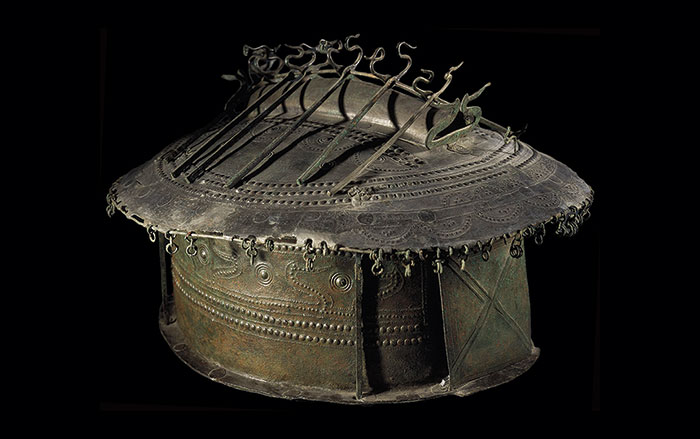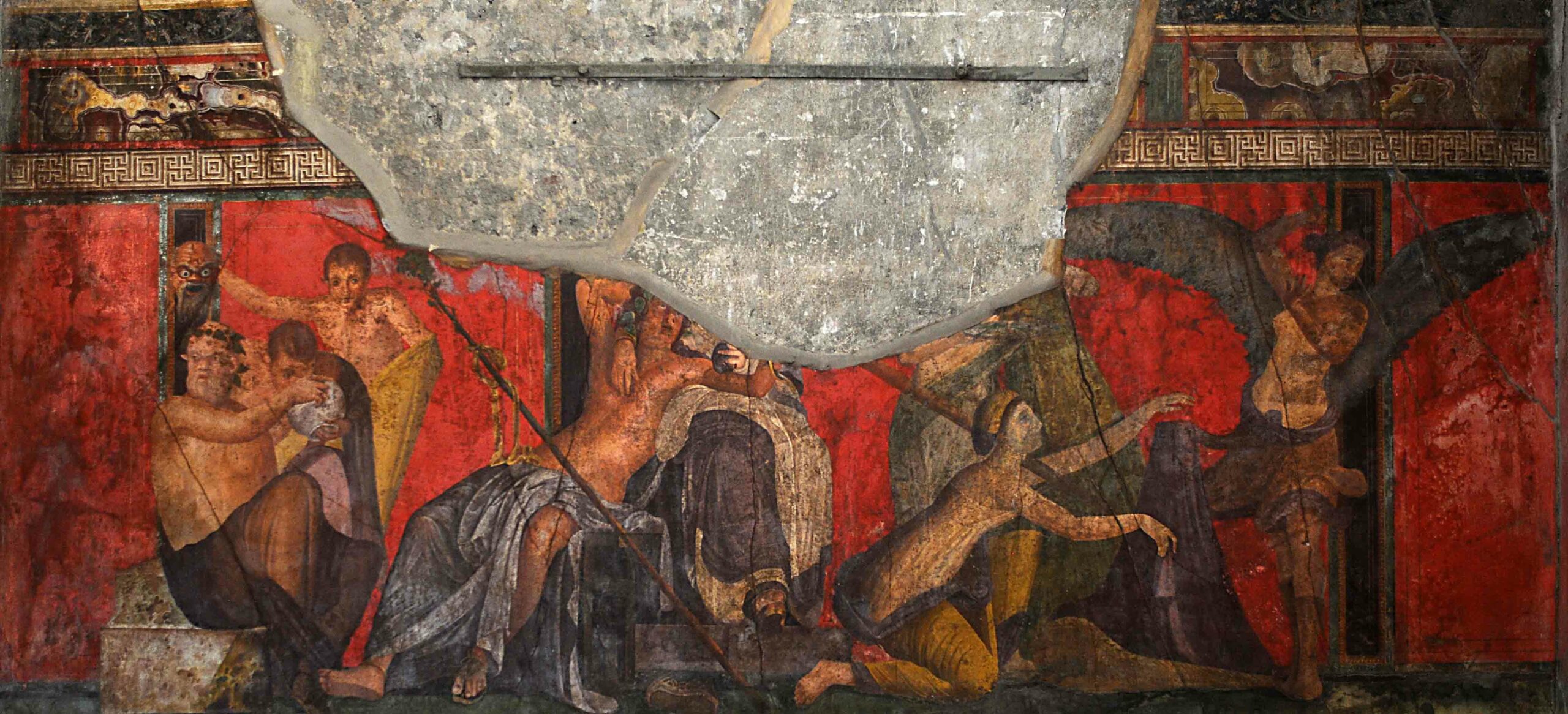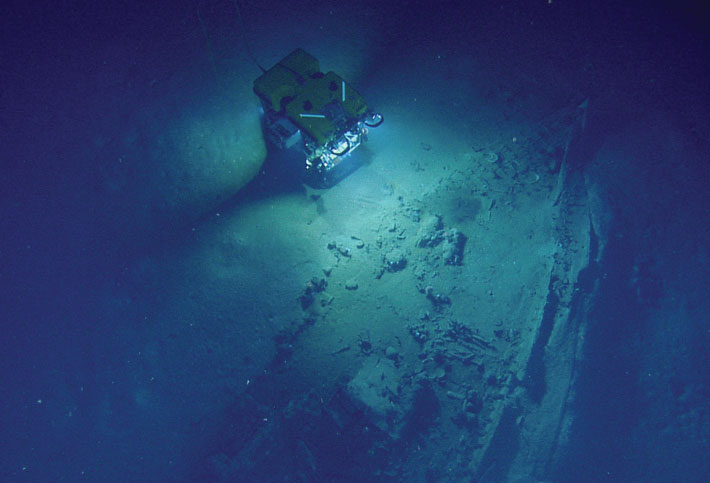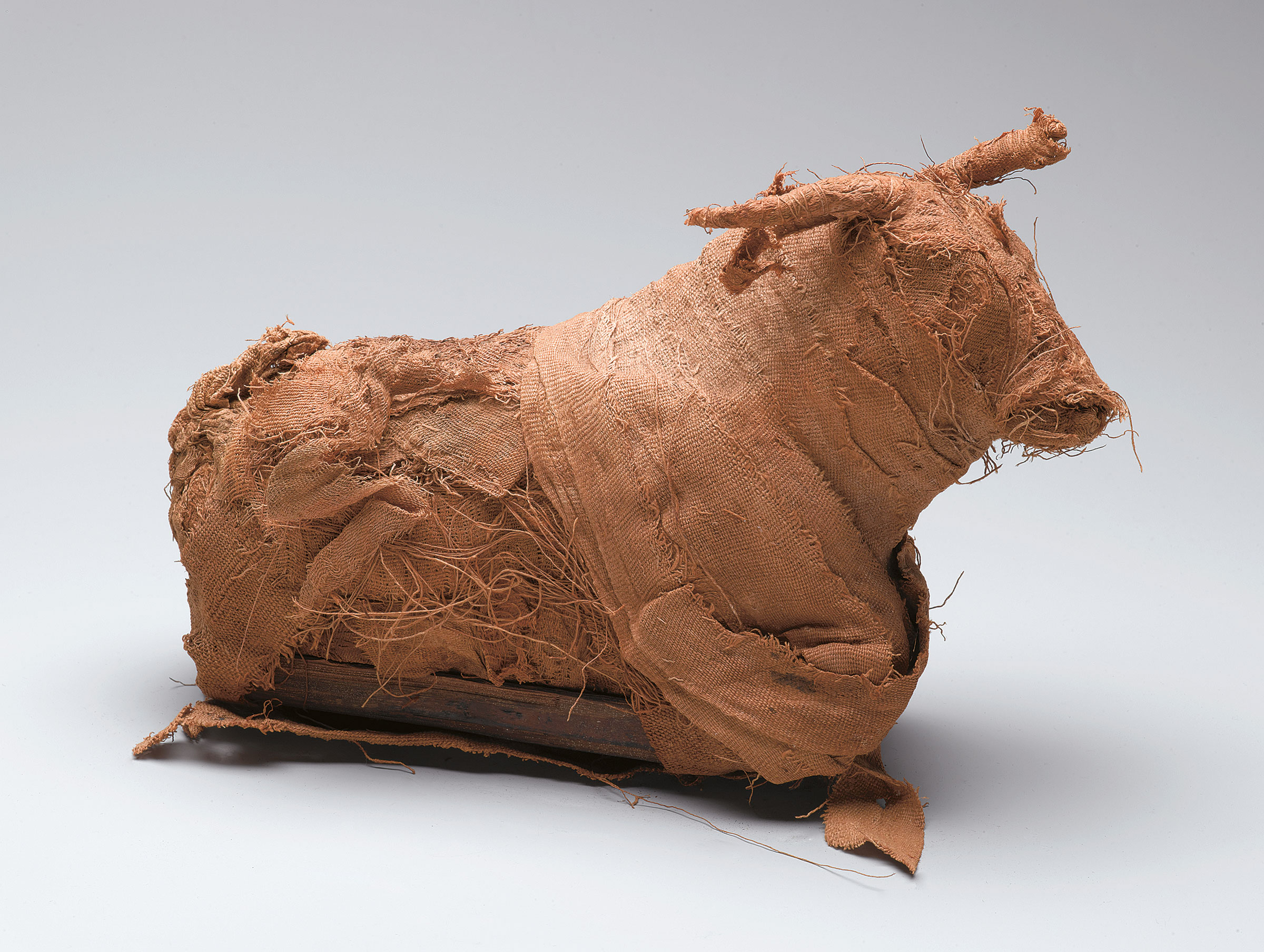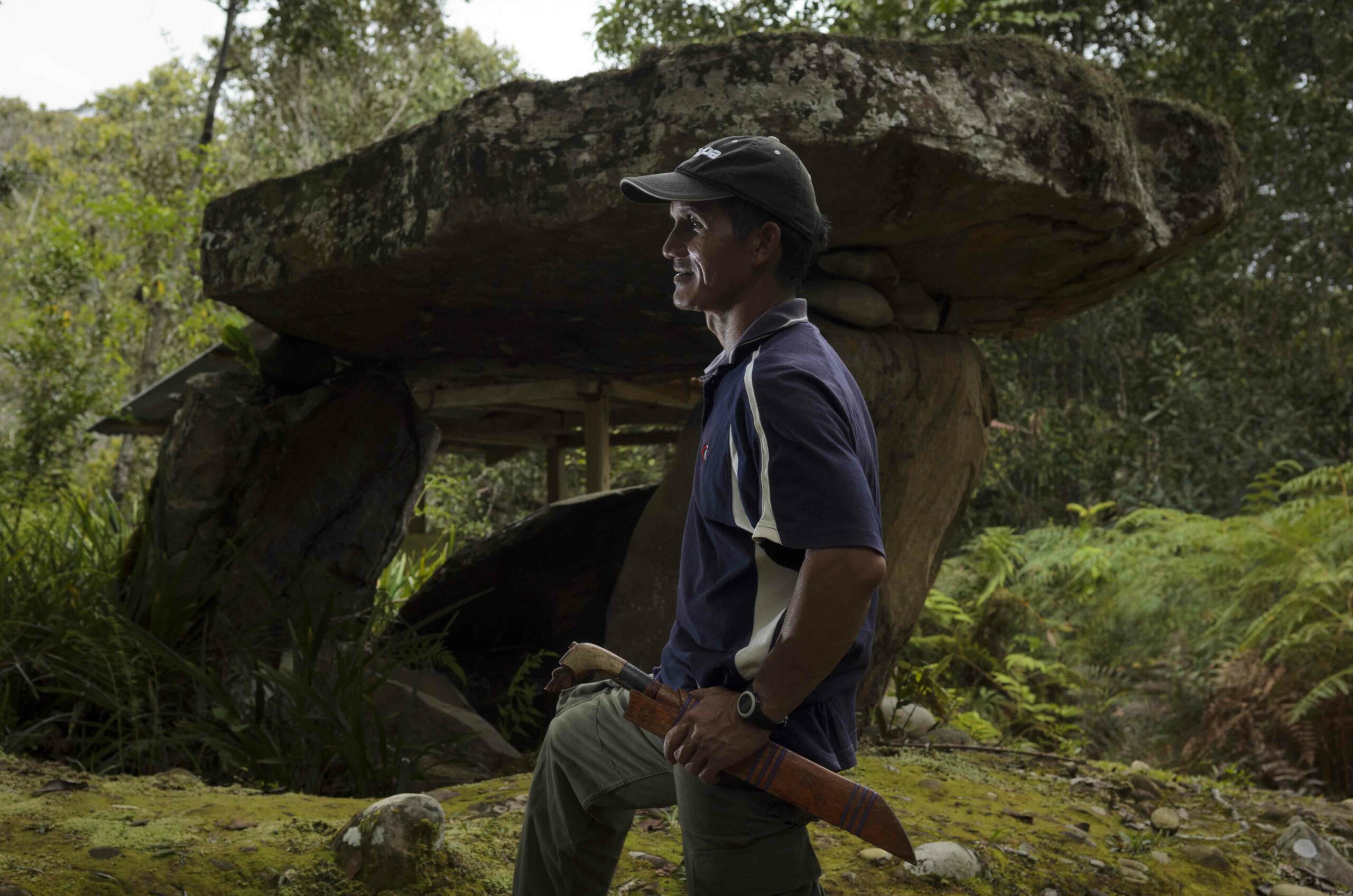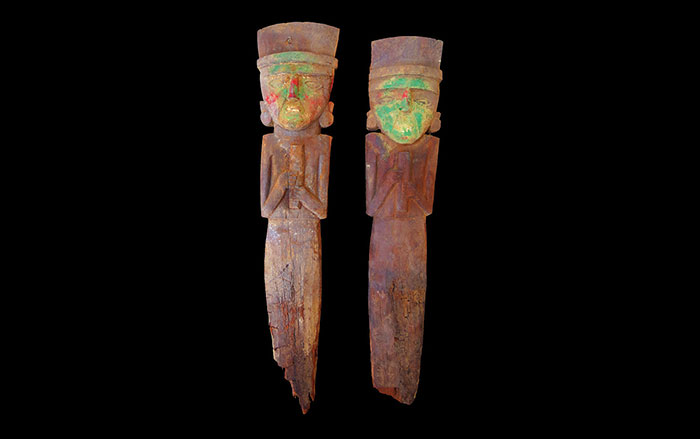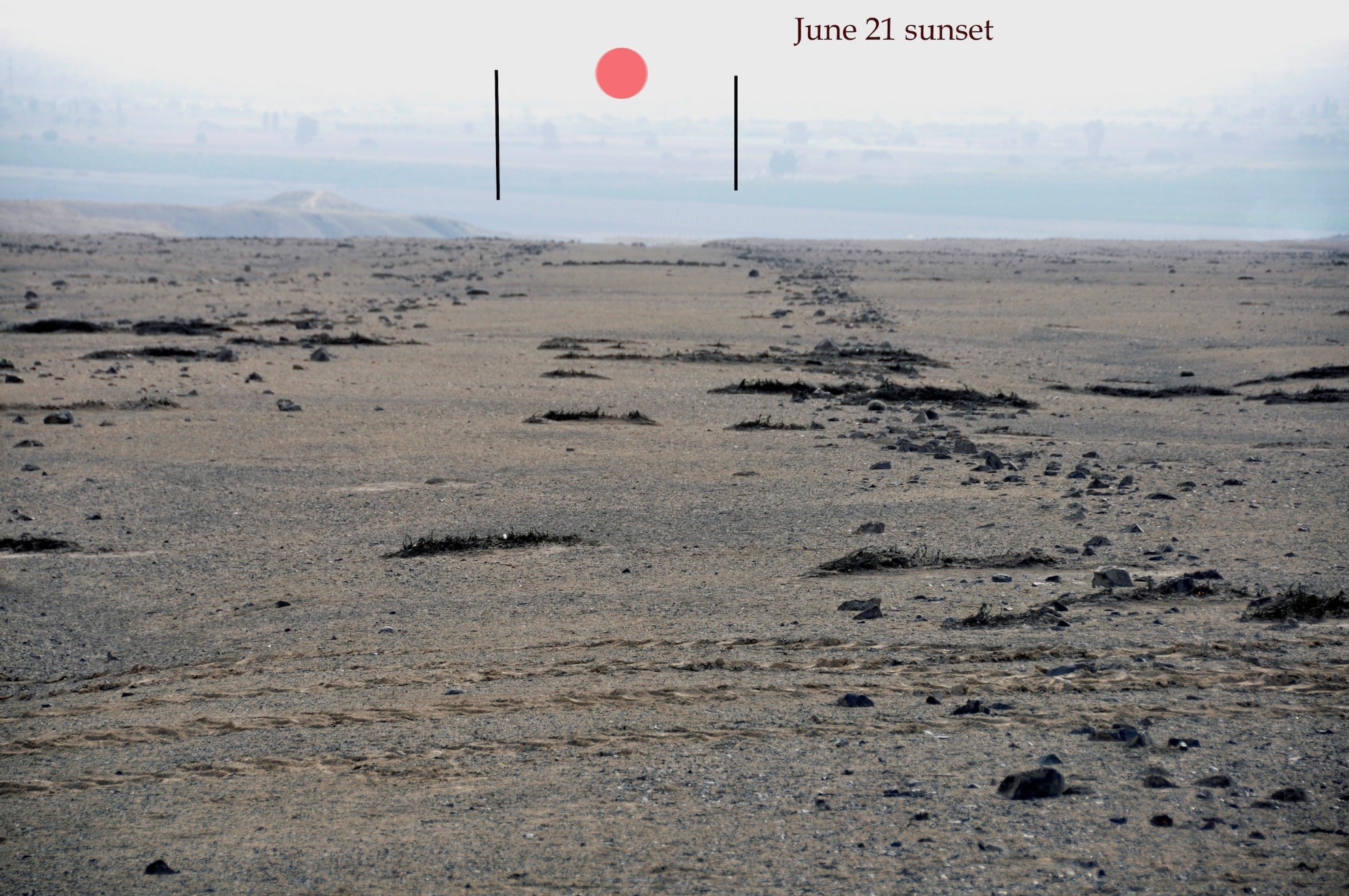
LOS ANGELES, CALIFORNIA—Geoglyphs created by the Paracas people some 2,000 years ago in Peru’s Chincha Valley probably pointed the way across the desert to gathering places for the winter solstice, according to Charles Stanish of the University of California, Los Angeles. Stanish and his team plotted the geoglyphs and the remains of settlements and ceremonial mounds and found that certain groups of geoglyphs led to particular mounds or settlements. He says that different political or ethnic groups created these signposts, which were visible from great distances, by clearing darker soil away from the white limestone. “They would be unmistakable,” Stanish told Science Now. A second type of geoglyph made of rocks was visible when the travelers approached them. “They’re converting this landscape into a big theater, and the ultimate goal is to bring people together to market, exchange goods, manufacture goods, exchange marriage partners, gossip, do all the things people like doing. And then they’re competing with each other to bring in the most supporters,” he explained.





